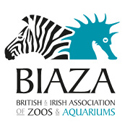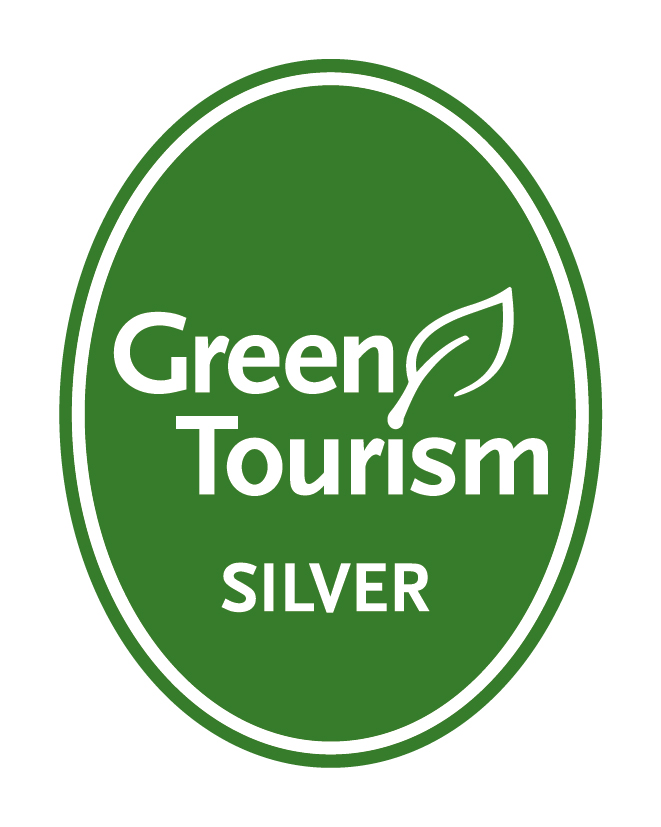Operant conditioning (positive reinforcement training) at the National Marine Aquarium
Operant conditioning is a way to encourage good behaviours while discouraging bad or dangerous behaviours. In aquariums, operant conditioning can be useful for a variety of reasons such as enabling staff to feed large, multispecies exhibits, regular weighing and measuring of animals and mental stimulation (for the animals and their keepers!). It can also make animal movements less stressful for the animal, and safer for all concerned.
Operant conditioning is a way of training in a positive way, using a primary reinforcement (eg food – something animals like). This can then be paired with secondary reinforcers (such as touch, or in our case clickers are often used – these the animals learn to like). Generally it will work as follows – an animal will be asked to complete a behaviour, the animal will perform a behaviour (not always the right one – never work with children or animals!), then consequences will follow (a reward for getting it right). We will gradually make things more difficult for the animal, this is to ensure the animal is happy and confident at all times. If the animal doesn’t do what it was asked, we may give them a short break and then try again later. No punishments are involved and the animal will not lose out on any food.
Here at the National Marine Aquarium, one of our big successes has been the nurse sharks (Ginglymostoma cirratum). We have three of these sharks and they have all been trained to follow a yellow ball on a stick, and they do this exceedingly well. They can swim in circles, figures of 8, basically all sorts of underwater ballet! They have also learnt to follow the ball onto a sling and then stop whilst lying down. This can help us to have a closer look at the animals to check their overall health more easily.













